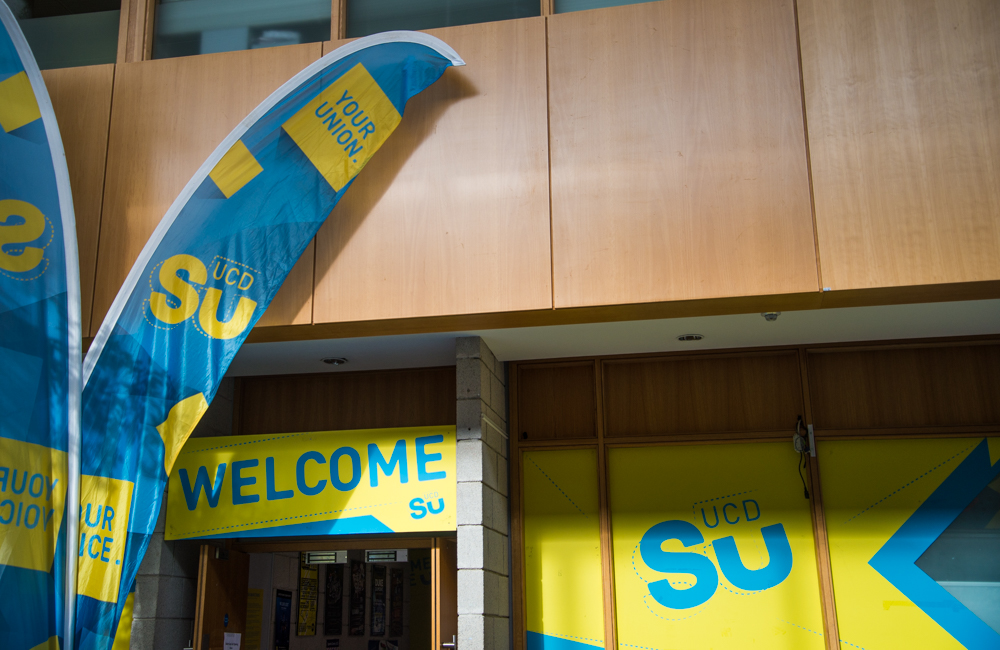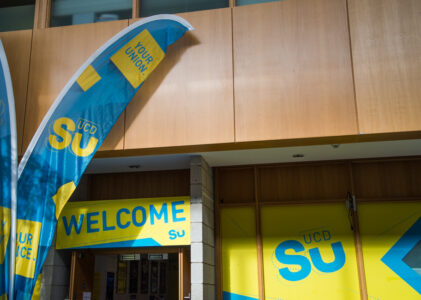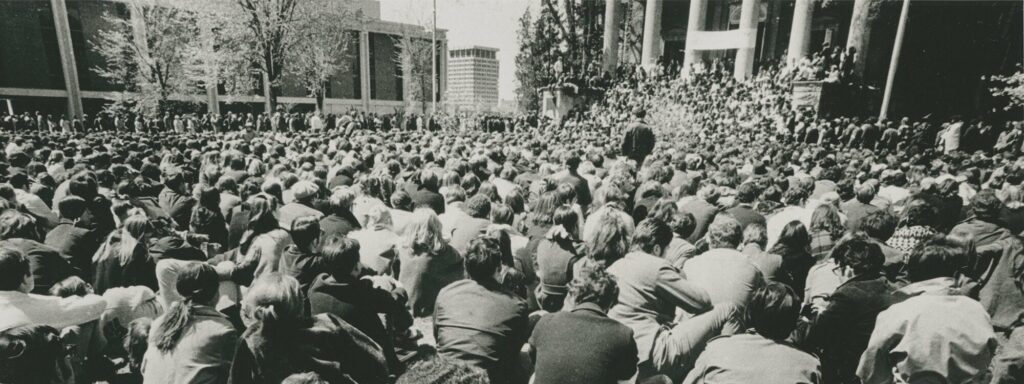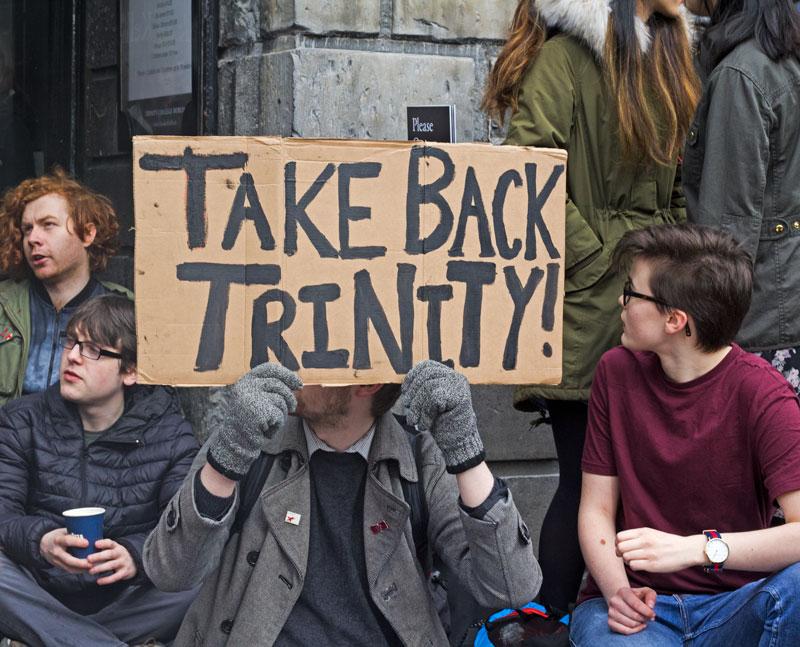László Molnárfi
The strategy behind the student encampments was to light the embers of the pro-Palestine movement into a wildfire of tremendous force across society. When students move, workers move. In March-May 2024 as protests on almost 140 campuses were taking place across the world, it seemed that history was marching towards another ‘May 68.
However, this did not materialize. It is no use obscuring this fact, or patting ourselves on the backs as students. Despite the successes of the encampments, a mere dent was made, not a crater.
(1) The encampments had varying levels of success. The cutting of ties with Israel in terms of investments, suppliers and academia is on the way at various campuses. However, a realization is setting in, even at the universities with the best outcomes. A radical wave is rising. This has found its expression in ultra-leftist approaches to the question of compromises, whereby students are demanding the immediate cutting of all ties, without regard for logistics, and refusing to participate in task forces. The sentiments are right, the scope is wrong. As it turns out, the victories are not as impactful as it was hoped they would be. However, it is not a question of the compromises. It is the fact that they ended with reforms within the university: they did not even approach reforms outside the university in alliance with the workers, let alone a revolutionary situation in alliance with the workers. It is thus wiser to conceptualize this ultra-left tendency as a progressive one that is on the wrong track. It is the expression of disappointment that history failed to turn. As it reflects objective conditions, its influence will grow. At the encampments, excitement was in the air. Yet, the student-worker alliance did not materialize.
(2) The power of boycotting Israel in universities lies not in the financial damage we can do to the settler-colonial regime. This is true both in countries like Ireland where investments are in the thousands of euros, as well as in countries like the United States where investments are in the millions of euros. If there is a seller, there is a buyer. Divestment experts have long recognized that what we gain through campus victories is symbolic power. It is this symbolic power that we hoped would catalyse the workers’ movement into action, which could take on the state. The outcome is the forcing of Israel’s country-wide economic boycott that has a measurable impact such as those for apartheid South Africa. The translation of the students’ symbolic power to economic power could take place with the aid of the working class.
(3) The trade union movement is inept. It is composed of liberal leadership that sees the extent of its involvement in the pro-Palestine movement as joining marches. They operate as nothing more than appendages of the state and firms. Their officials are sweetened up by the authorities through lucrative revolving-door opportunities. There are no social forces that are actively engaged in overturning this state of affairs by taking over the Irish Congress of Trade Unions (ICTU). The rank-and-file needs to rebel. Without mainstream trade unions on the side, insofar as they are forced into such a position, there can be no wider popular mobilisation. It is here that the student-worker alliance fails to reify.
The question that thus lies ahead is: has the pro-Palestine movement plateaued out, or will it soar to as-of-yet-unknown storming heights, like an eagle? Impetus is direly needed. Otherwise the historical moment fizzles away. Marches are not doing the job. The student movement should re-orient itself for mass action. The encampments engaged hundreds, but we need thousands of students on the side, and eventually millions of workers. The disappointment expressed by the ultra-left tendency can thus be extracted to forge mass politics. The organization of a student strike which takes over campus buildings which is then joined by workers and leads into direct conflict with state forces is one idea, such as the 2012 Quebec protests. This springboard would transcend the limitations on the number of people who can participate imposed by the physical space constraints and resource-intensivity of camps and by nature would beckon workers to join due to the action being one that is common-practice to them, at least in theory. All forces should be working on this catalyzation of a student-worker alliance for Palestine.




